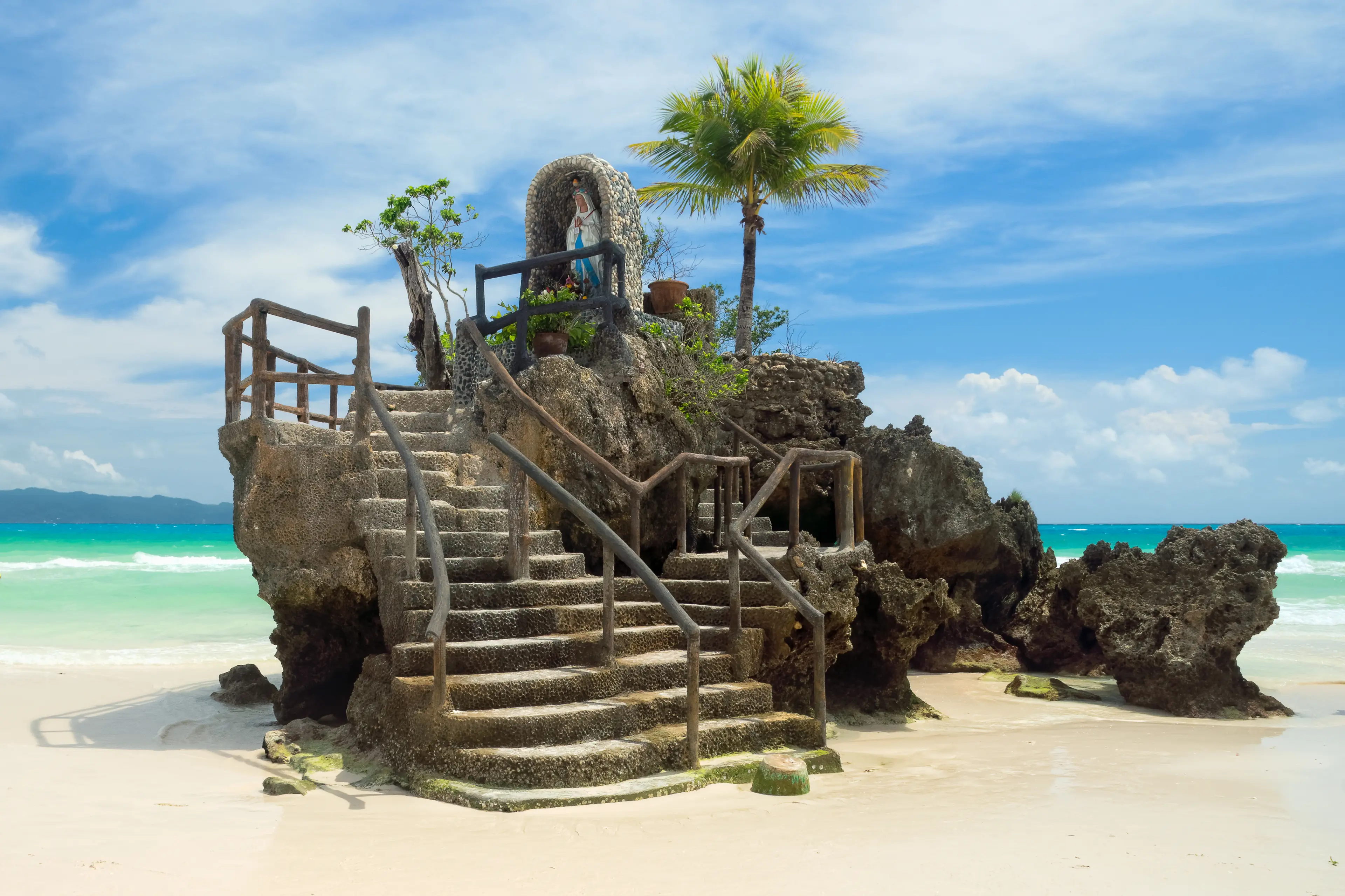5-Day Family Sightseeing and Culinary Journey in Boracay for Locals
Boracay, Philippines
5 days





About Boracay, Philippines
Discover the tropical paradise of Boracay, Philippines, renowned for its pristine white-sand beaches, crystal-clear waters, and vibrant nightlife. This island gem offers a plethora of activities for every traveler. Dive into the deep blue sea and explore the rich marine life, or sail around the island and witness the breathtaking sunset. Adventure seekers can try windsurfing, parasailing, or cliff diving. For a more relaxed experience, indulge in a soothing beachfront massage or savor the local cuisine at the numerous restaurants. As night falls, the island transforms into a lively party scene with fire dancers and live music. With its natural beauty and warm Filipino hospitality, Boracay is truly a tropical haven that promises an unforgettable getaway.
5-Day Itinerary
Day 2
Panoramic Views from Mount Luho and Crystal Cove Island Adventure
Morning
Start the day with a visit to the Mount Luho Viewpoint, the highest point in Boracay. It offers panoramic views of the island and its surrounding waters.
Lunch
Have lunch at a local eatery. Try the famous Filipino dish, Adobo.
Afternoon
Spend the afternoon at the Crystal Cove Island. Explore its fascinating caves and snorkel in its clear waters.
Dinner
Enjoy a beachfront barbecue dinner. Many restaurants in Boracay offer this dining experience.
Evening
Experience the vibrant nightlife of Boracay. There are numerous family-friendly entertainment options available.
Day 3
Eco-Tourism at Bakhawan Eco-Park and Boracay Oceanarium Visit
Morning
Visit the Bakhawan Eco-Park, a mangrove forest that offers a unique eco-tourism experience.
Lunch
Enjoy a picnic lunch at the park. There are several picnic spots available.
Afternoon
Spend the afternoon at the Boracay Oceanarium. It's a great educational experience for kids.
Dinner
Have dinner at a local restaurant. Try the famous Filipino dessert, Halo-Halo.
Evening
End the day with a relaxing family walk along the beach.
Day 4
Puka Shell Beach Visit and Shopping at D'Mall
Morning
Start the day with a visit to the Puka Shell Beach, known for its abundant Puka shells. It's a quieter alternative to the White Beach.
Lunch
Have lunch at a beachfront restaurant. Try the local seafood dishes.
Afternoon
Spend the afternoon exploring the D'Mall, a popular shopping area in Boracay. It offers a variety of shops and entertainment options.
Dinner
Enjoy a dinner at a local restaurant. Try the famous Filipino dish, Lechon.
Evening
Experience the vibrant nightlife of Boracay. There are numerous family-friendly entertainment options available.
Day 5
Boracay Wildlife Expo and Water Sports at Bulabog Beach
Morning
Start your last day with a visit to the Boracay Wildlife Expo, a small zoo that houses a variety of animals.
Lunch
Have lunch at a local eatery. Try the famous Filipino dish, Pancit.
Afternoon
Spend the afternoon at the Bulabog Beach, a popular spot for water sports like kiteboarding and windsurfing.
Dinner
Have your farewell dinner at a beachfront restaurant. Enjoy the beautiful sunset as you dine.
Evening
End your trip with a relaxing family walk along the beach under the stars.
Attractions in Itinerary (10)

1White Beach
The most famous beach in Boracay, known for its stunning white sand and vibrant nightlife.
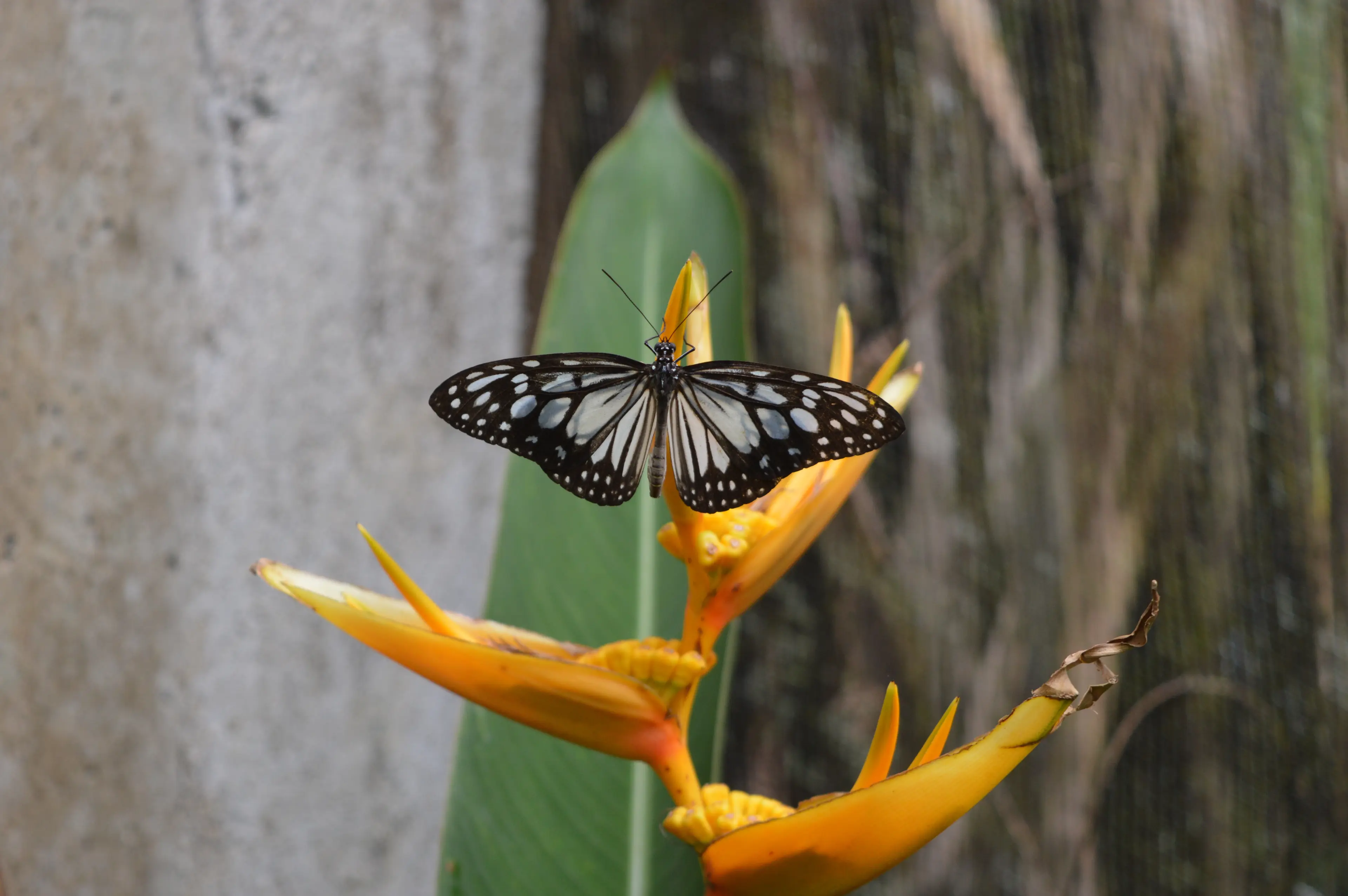
2Boracay Butterfly Garden
A serene garden home to various species of butterflies, offering a peaceful retreat from the beach.
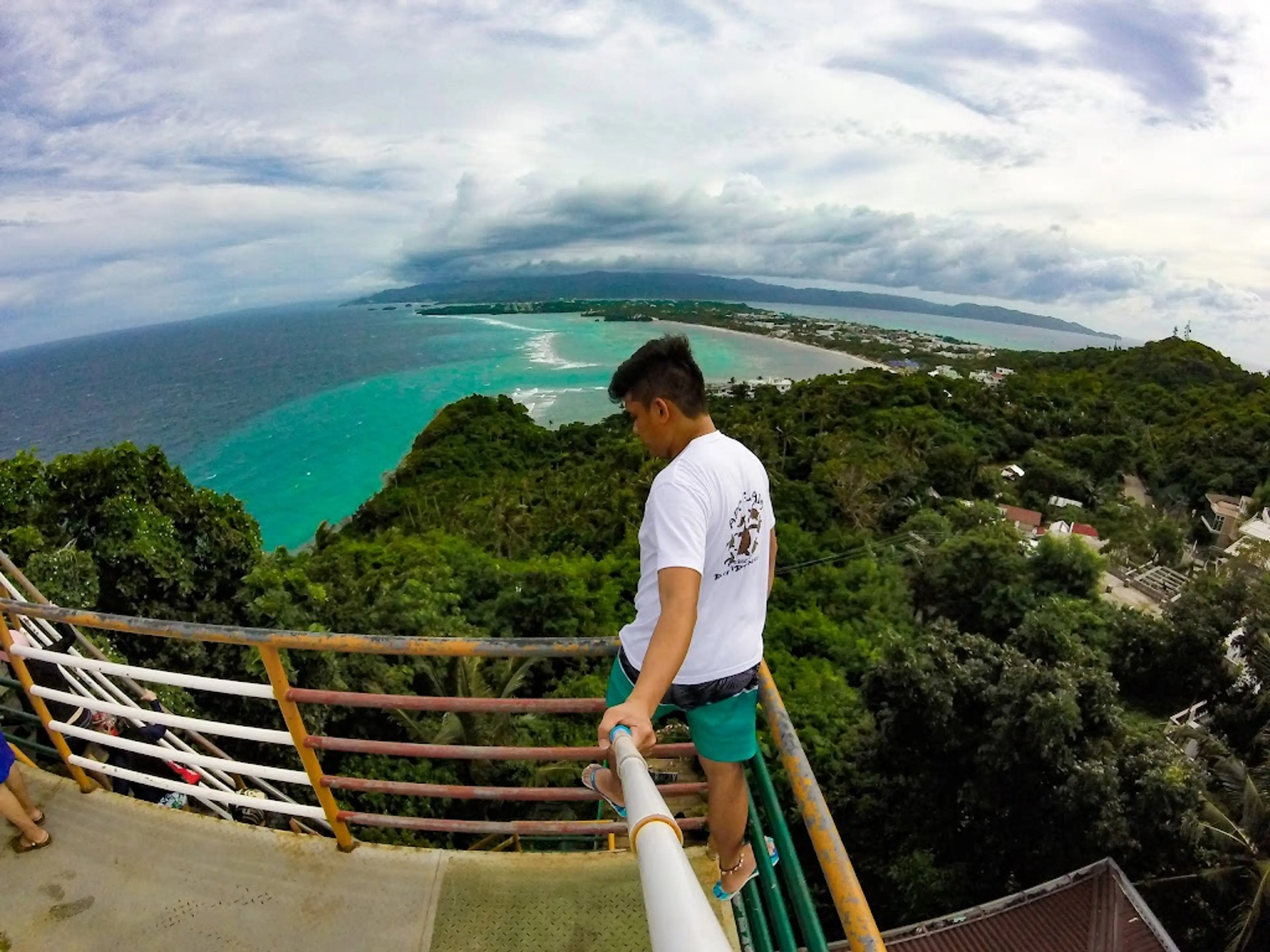
3Mount Luho Viewpoint
The highest point in Boracay offering panoramic views of the island and its surrounding waters.
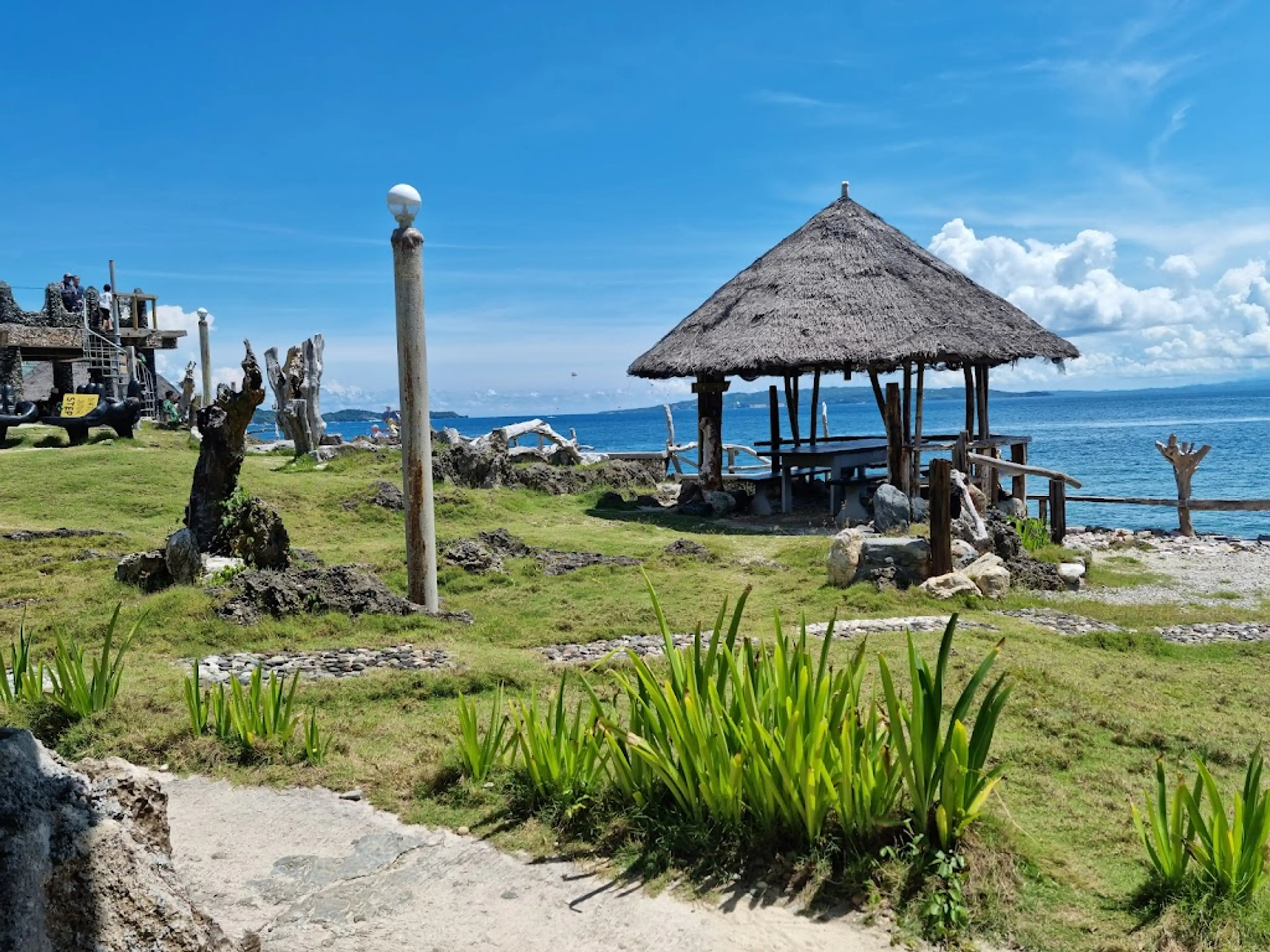
4Crystal Cove Island
A small island off the coast of Boracay, known for its crystal-clear waters and beautiful coves.
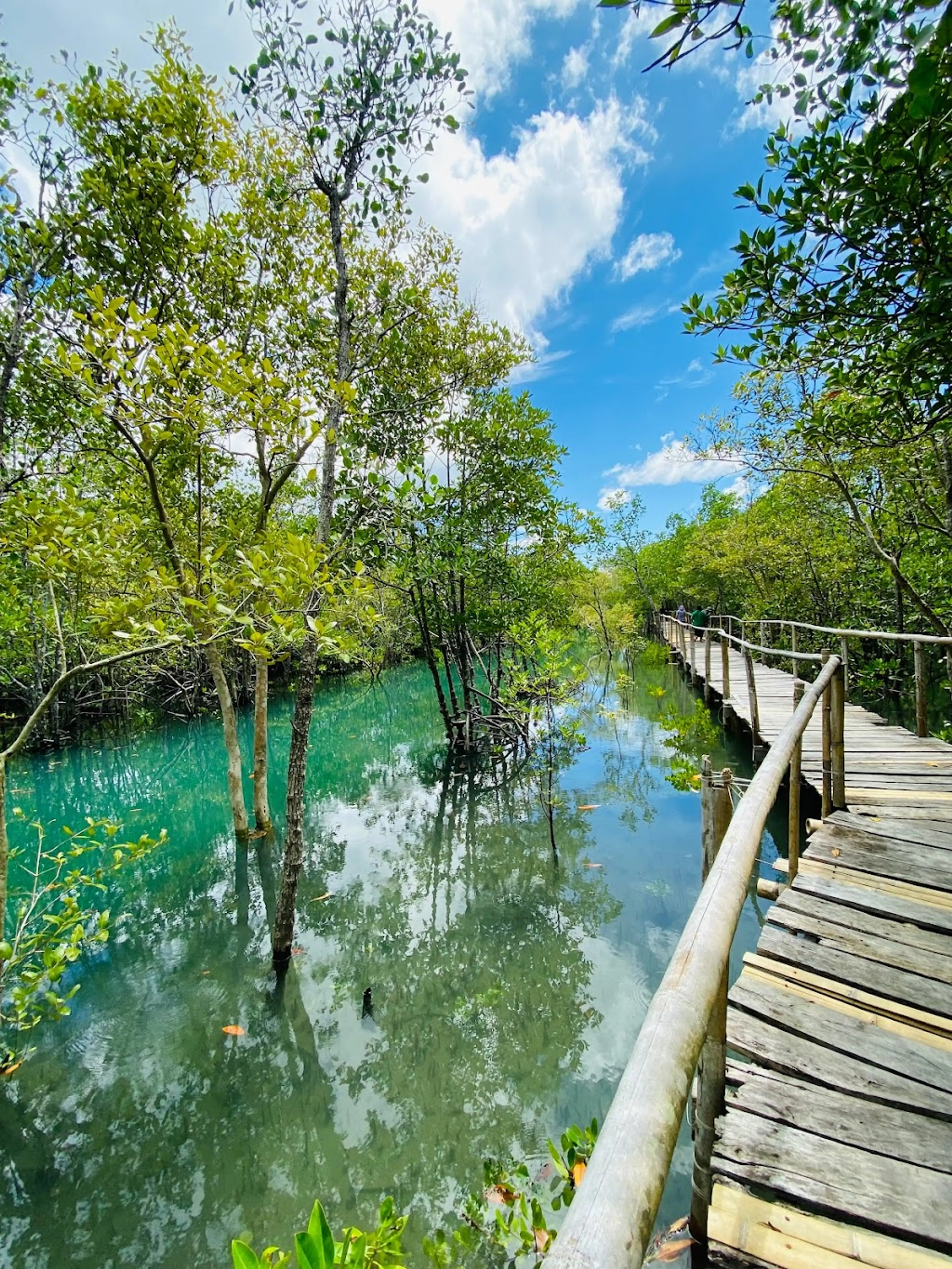
5Bakhawan Eco-Park
Bakhawan Eco-Park is a 220-hectare mangrove forest located in Boracay, Philippines. It's a must-visit for nature lovers and those interested in environmental conservation. The park offers a unique opportunity to explore a thriving ecosystem and learn about the importance of mangroves.
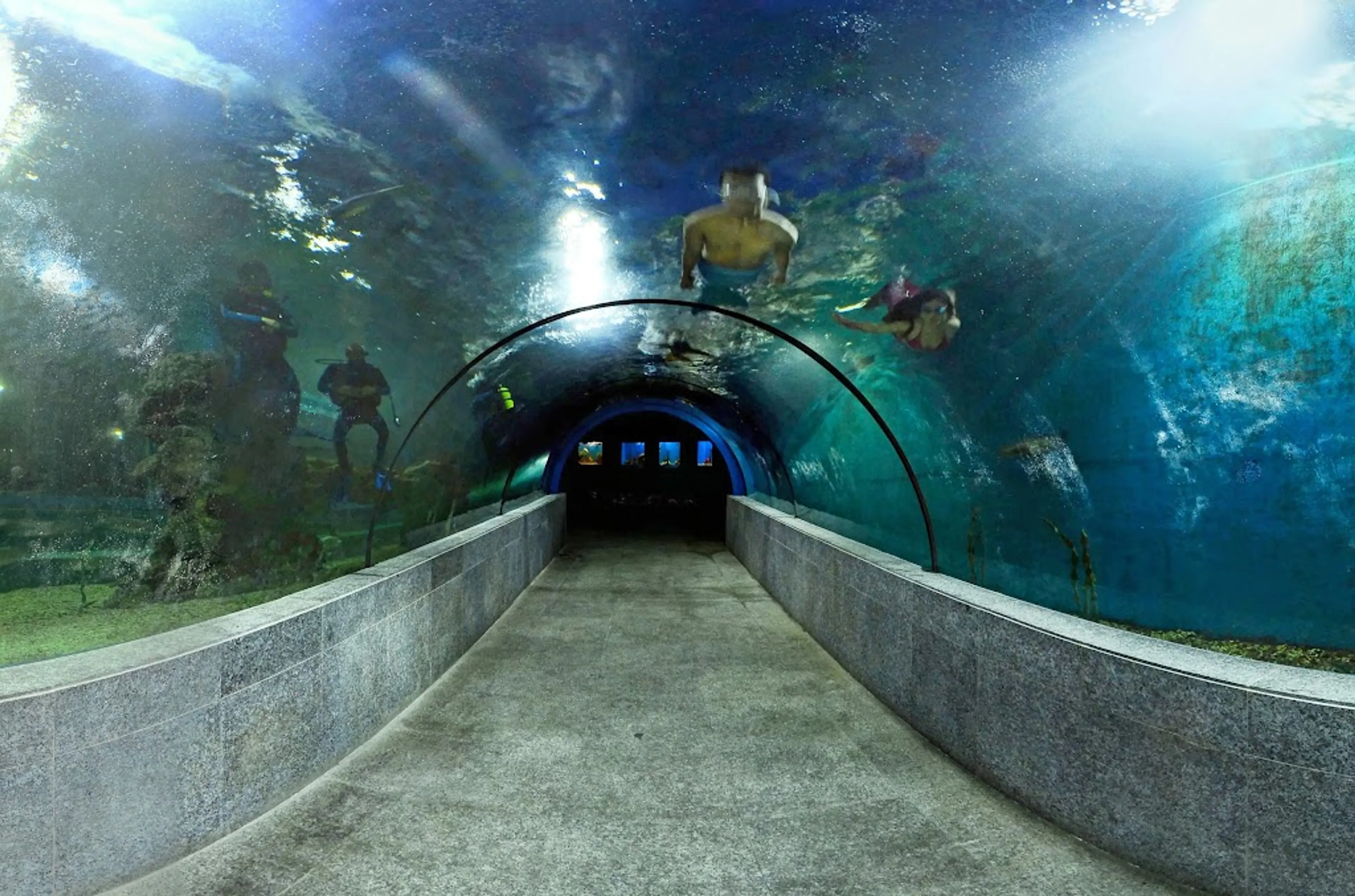
6Boracay Oceanarium
A marine life showcase featuring a walk-through tunnel, providing visitors with a 360-degree view of marine life.
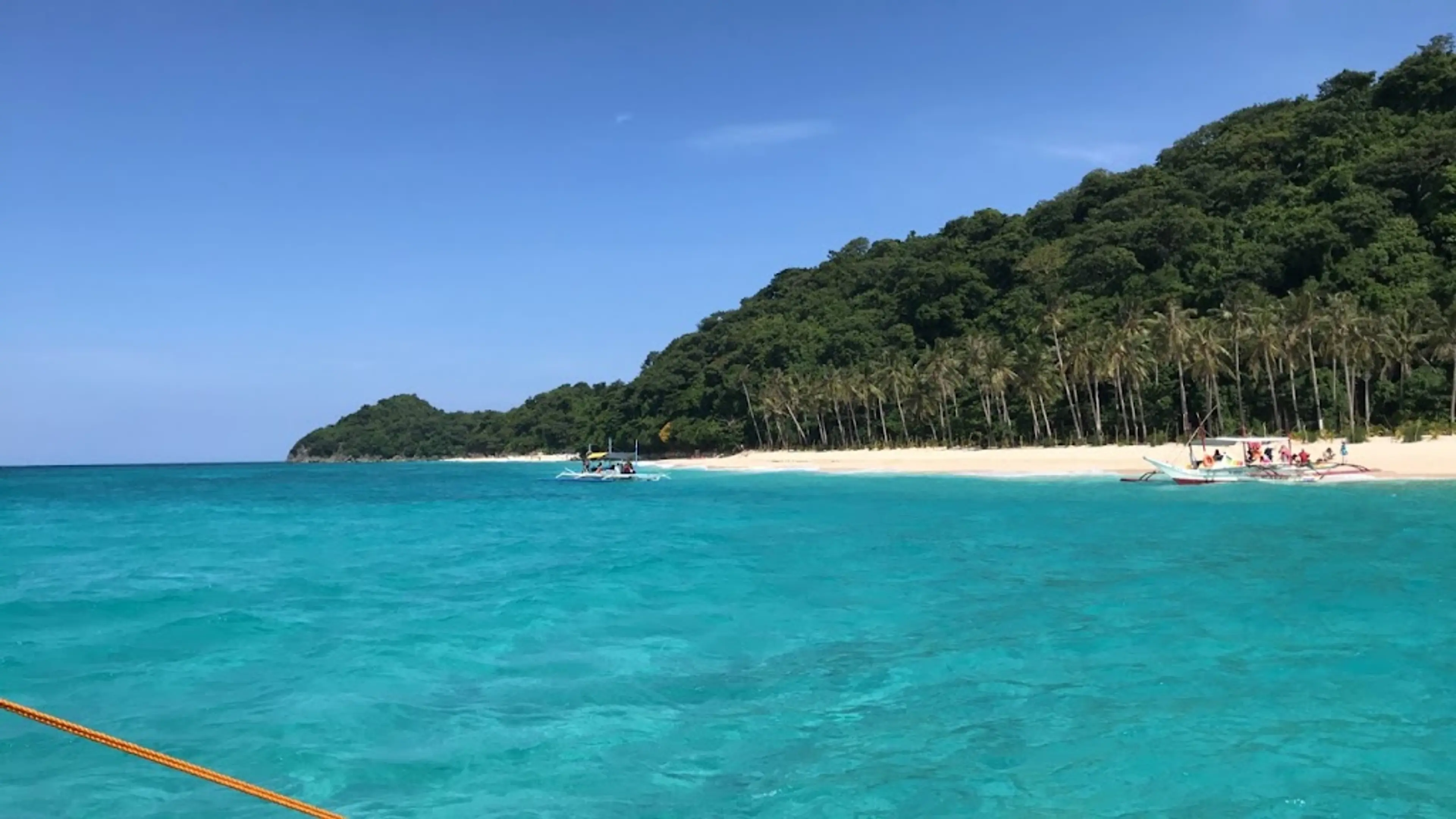
7Puka Shell Beach
Known for its beautiful white shells, Puka Shell Beach is a quieter alternative to the main beaches in Boracay.

8D'Mall
A large outdoor shopping mall in Boracay that features a variety of shops, restaurants, and entertainment options.
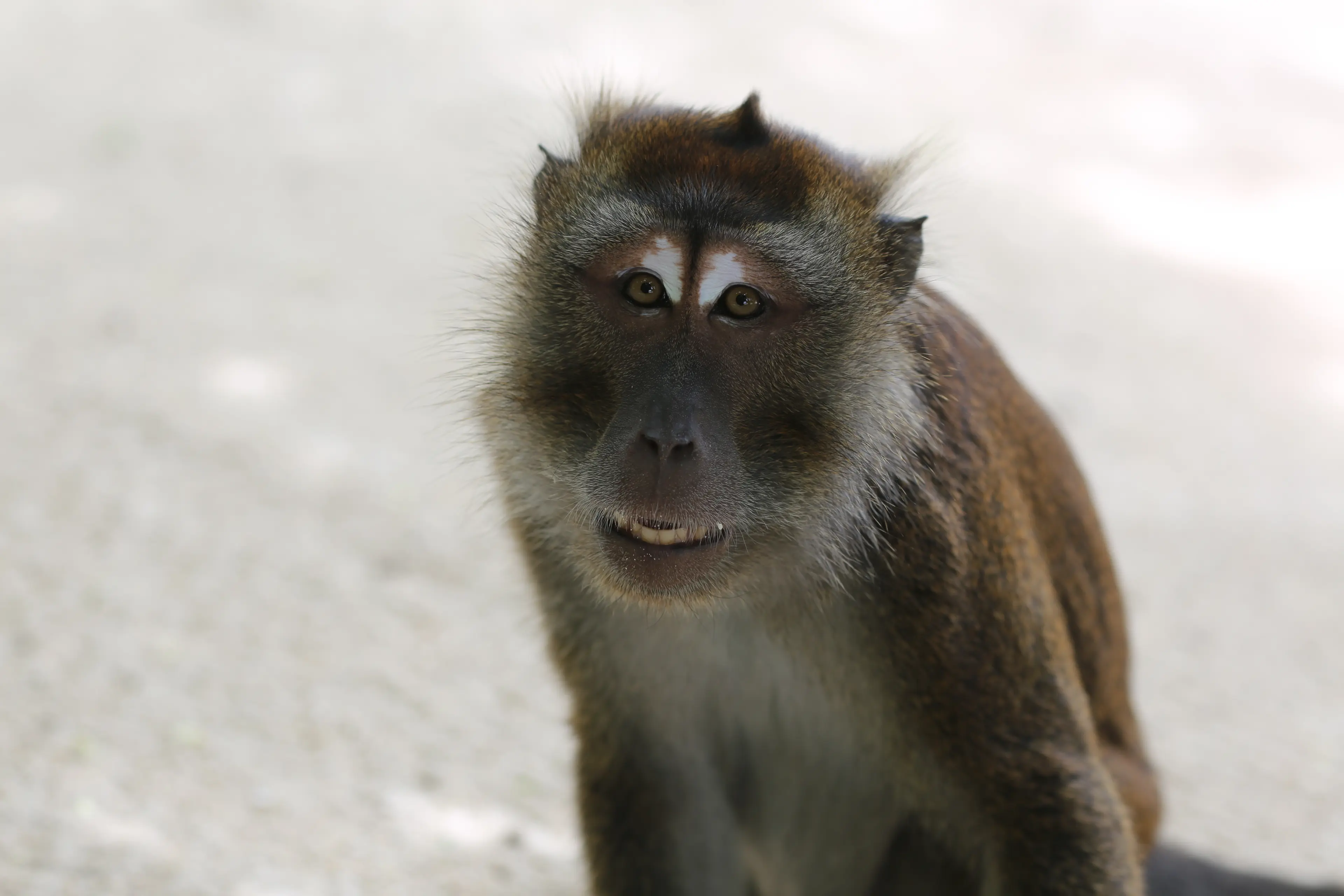
9Boracay Wildlife Expo
An exhibition showcasing the diverse wildlife of Boracay and the surrounding areas.
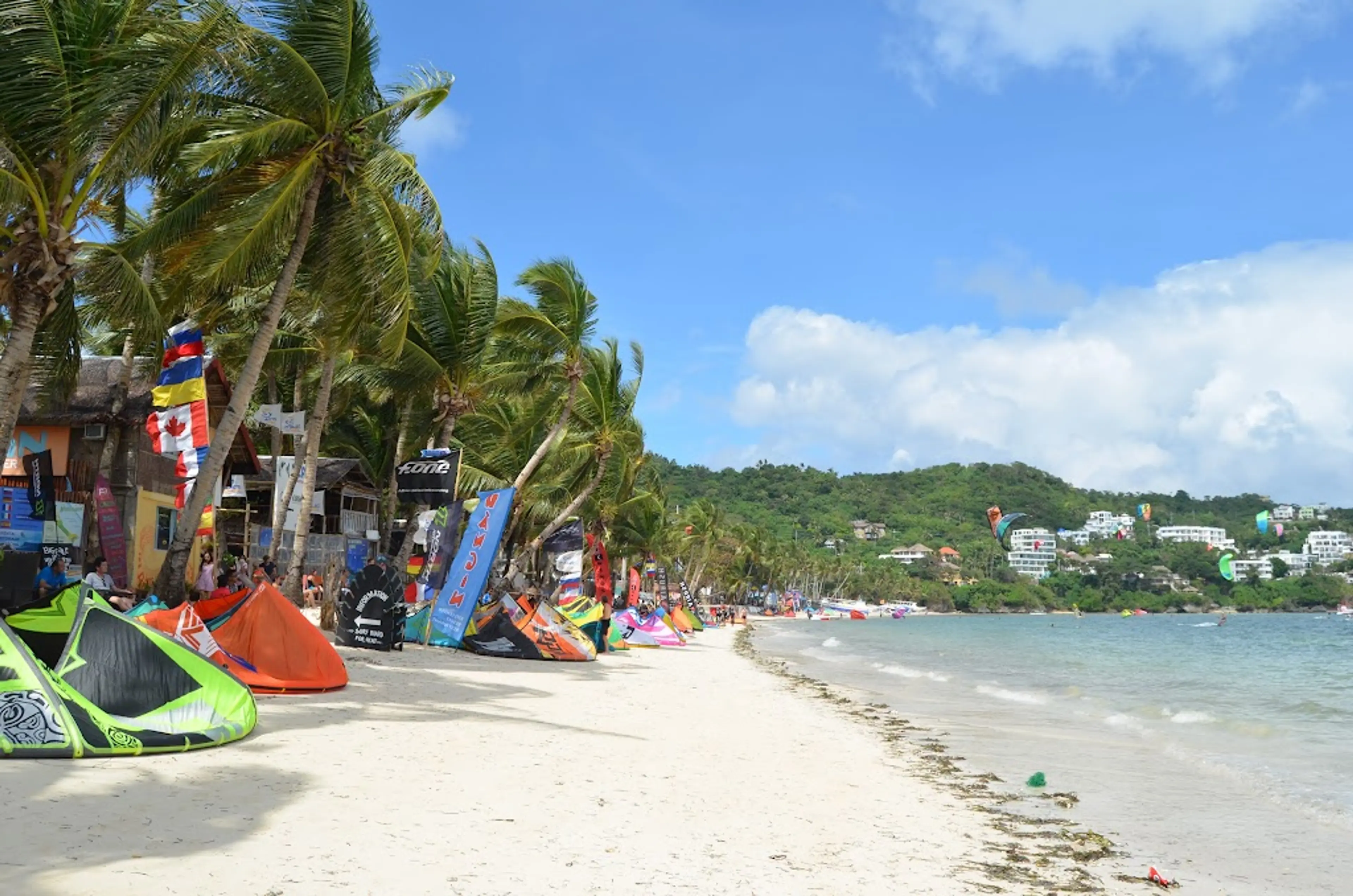
10Bulabog Beach
A popular beach on the eastern side of Boracay Island, known for its ideal conditions for water sports such as windsurfing and kiteboarding.
Local Food and Drinks (12)

Lechon
A whole roasted pig, known as the national dish of the Philippines. It's a must-try in Boracay for its crispy skin and tender, flavorful meat.

Adobo
A popular Filipino dish made from pork or chicken marinated in vinegar, soy sauce, garlic, and spices. It's a staple in Boracay and showcases the island's Spanish influence.

Pancit
A noodle dish often served at celebrations. It's a mix of stir-fried noodles, meat, and vegetables, and is a common dish in Boracay.

Sinigang
A sour soup made from tamarind, tomatoes, and various vegetables. It's a comforting dish often enjoyed in Boracay, especially during the rainy season.

Halo-Halo
A colorful dessert made from crushed ice, evaporated milk, and various ingredients like sweet beans, jello, and fruits. It's a popular treat in Boracay, especially during the hot summer months.

Balut
A fertilized duck egg with a nearly-developed embryo inside. It's a common street food in Boracay and is considered a delicacy.

Bibingka
A sweet rice cake traditionally cooked in a clay pot lined with banana leaves. It's a popular dessert in Boracay, especially during the Christmas season.

Kinilaw
A raw seafood dish similar to ceviche. It's made from fresh fish marinated in vinegar, ginger, and chili. It's a common dish in Boracay due to the island's abundant seafood.

San Miguel Beer
The most popular beer in the Philippines. It's a must-try in Boracay, especially while enjoying the island's beautiful sunset.

Taho
A sweet drink made from silken tofu, arnibal (sweet syrup), and sago pearls. It's a common street food in Boracay and is often enjoyed for breakfast.

Calamansi Juice
A refreshing drink made from calamansi, a small citrus fruit native to the Philippines. It's a popular drink in Boracay, especially during the hot summer months.
Lambanog
A traditional Filipino distilled spirit made from coconut or palm sap. It's a must-try in Boracay for those who want to experience the local drinking culture.
Best time to visit
The best time to visit Boracay, Philippines as a tourist is during the dry season, which runs from November to April. During these months, you can enjoy the white sandy beaches and clear blue waters to the fullest. Among these months, March to May is the peak season as it is the summer period in the Philippines. However, if you prefer a less crowded time but still want good weather, November to February would be ideal.
How to get around
Tricycle
Tricycles are the most common mode of transportation in Boracay. They are essentially motorbikes with sidecars and can accommodate up to 5 passengers. They operate 24/7 and can take you anywhere on the island.
E-Jeepney
E-Jeepneys are electric versions of the traditional jeepneys found throughout the Philippines. They are eco-friendly and can accommodate more passengers than tricycles. They operate on fixed routes around the island.
Pedal Tricycle
Pedal tricycles are a non-motorized form of transportation in Boracay. They are essentially bicycles with sidecars and are a great eco-friendly option for short distances.
Motorbike Rental
For those who prefer a more independent mode of transportation, motorbikes can be rented on a daily basis. This allows you to explore the island at your own pace. Please note that you will need a valid driver's license.
Bicycle Rental
Bicycles are another great option for getting around Boracay. They are eco-friendly and allow you to explore the island at your own pace. There are several places on the island where you can rent bicycles.
Boat
Boats are used to get to and from different parts of the island, especially for beach hopping or visiting nearby islands. There are public boats and private boats available for hire.
Walk
Given the small size of the island, walking is a viable option for getting around, especially in the White Beach area where most of the hotels, restaurants, and shops are located.
Ridesharing
Ridesharing is not commonly used in Boracay due to the island's small size and the availability of other forms of transportation. However, you may find some local drivers offering ridesharing services through social media or word of mouth.
Important information
Currency₱ PHP
Time zoneUTC+8
Driving sideRight
Emergency phone166117
Drinking waterOpt for bottled water
Power sockets
Voltage220 V
Things to know about Boracay, Philippines as a first time visitor
1
Boracay is a small island in the Philippines known for its white sand beaches and clear blue waters.
2
The island's main languages are Filipino and English, but many locals also speak other languages such as Visayan.
3
The local currency is the Philippine Peso (PHP). Credit cards are accepted in most places, but it's always good to have some cash on hand for small vendors.
4
Boracay has a tropical climate, with temperatures ranging from 77°F to 90°F (25°C to 32°C) throughout the year.
5
The island has two main seasons: the dry season from November to April, and the wet season from May to October.
6
The busiest time to visit Boracay is during the dry season, particularly from December to April. If you prefer a quieter visit, consider going during the wet season.
7
Boracay is known for its nightlife, with many bars and clubs open until the early hours of the morning.
8
The island is also famous for its water sports, including scuba diving, kiteboarding, and parasailing.
9
Boracay's main mode of transportation is the tricycle, a local version of the auto rickshaw. You can also rent bicycles or motorbikes.
10
The island has a 'no plastic' policy, so bring a reusable water bottle and avoid using single-use plastics.
11
Boracay has a variety of accommodation options, from budget hostels to luxury resorts.
12
The island's food scene is diverse, with a mix of local Filipino cuisine and international dishes. Seafood is a specialty.
13
Tap water in Boracay is not safe to drink. Always drink bottled water or water that has been boiled or treated.
14
Boracay is generally safe, but like any tourist destination, it's important to be aware of your surroundings and keep your belongings secure.
15
The island has a number of health clinics and a hospital for emergencies. It's recommended to have travel insurance that covers medical expenses.
16
Boracay is a popular destination for weddings and honeymoons, with many resorts offering packages for these events.
17
The island is also a great destination for families, with many activities and attractions suitable for children.
18
Boracay has a number of spas and wellness centers, offering services such as massages, yoga classes, and detox programs.
19
The island is home to a number of festivals throughout the year, including the Ati-Atihan Festival in January and the Boracay International Dragon Boat Festival in April.
20
Remember to respect the local environment and culture. Avoid touching or stepping on coral when snorkeling or diving, and always dispose of your trash properly.
Basic Filipino to know as a first time visitor
English phrase | Native phrase | Pronunciation | When to use it |
|---|---|---|---|
Hello | Kumusta | koo-moo-sta | Greeting someone |
Goodbye | Paalam | pa-a-lam | Leaving or saying goodbye |
Thank you | Salamat | sa-la-mat | Showing appreciation |
Yes | Oo | oh-oh | Agreeing or confirming |
No | Hindi | hin-di | Disagreeing or denying |
Please | Pakisuyo | pa-ki-su-yo | Making a request |
Excuse me | Makikiraan | ma-ki-ki-ra-an | Getting attention or apologizing |
I'm sorry | Pasensya na | pa-sen-sha na | Apologizing |
Do you speak English? | Nagsasalita ka ba ng Ingles? | nag-sa-sa-li-ta ka ba ng ing-gles | Asking if someone speaks English |
I don't understand | Hindi ko naiintindihan | hin-di ko na-iin-tin-di-han | When you don't understand what was said |
Where is the bathroom? | Saan ang banyo? | sa-an ang ban-yo | Asking for directions |
How much is this? | Magkano ito? | mag-ka-no i-to | Asking for the price |
I would like to order | Gusto kong mag-order | gus-to kong mag-or-der | Ordering food or drinks |
Water | Tubig | tu-big | Asking for water |
Beer | Beer | beer | Ordering a beer |
Delicious | Masarap | ma-sa-rap | Complimenting food |
Help | Tulong | tu-long | Asking for help |
Can I have the bill, please? | Puwede bang makuha ang bill, please? | pu-we-de bang ma-ku-ha ang bill, please | Asking for the bill |
Good morning | Magandang umaga | ma-gan-dang u-ma-ga | Morning greeting |
Good night | Magandang gabi | ma-gan-dang ga-bi | Evening greeting |
Packing List
Clothing
Lightweight clothing
Swimwear
Beach cover-up
Underwear
Socks
Sleepwear
Flip flops
Walking shoes
Hat
Sunglasses
Rain jacket
Toiletries
Toothbrush and toothpaste
Shampoo and conditioner
Body wash
Deodorant
Razor and shaving cream
Sunscreen
After-sun lotion
Insect repellent
First-aid kit
Prescription medications
Contact lenses and solution
Travel documents and essentials
Passport
Driver's license
Credit and debit cards
Cash and coins
Travel insurance documents
Hotel and tour reservation confirmations
Emergency contacts and addresses
Electronics and gadgets
Smartphone
Charger and power bank
Headphones
Camera
Memory cards
Travel adapter
Miscellaneous items
Snorkeling gear
Beach towel
Reusable water bottle
Books or e-books
Travel pillow and eye mask
Snacks
Plastic bags for wet clothes
Weather Conditions
When visiting Boracay, Philippines, it's important to consider the tropical climate of the region. The island experiences two main seasons: the dry season from November to April and the wet season from May to October. The dry season is the most popular time to visit due to the lower chances of rainfall and the clear, sunny skies. During this time, temperatures can range from 77°F to 90°F (25°C to 32°C), making it perfect for beach activities and water sports. However, it's also the busiest time of the year, so expect larger crowds and higher prices. The wet season, on the other hand, sees more rainfall and higher humidity levels. Temperatures during this time can range from 75°F to 88°F (24°C to 31°C). While there's a higher chance of rain, it doesn't mean it will rain all day, every day. Often, rain showers are heavy but brief, and you can still enjoy some sunny spells. This season is less crowded and prices can be cheaper, but be prepared for occasional typhoons that may disrupt travel plans. Regardless of when you visit, it's recommended to bring lightweight, breathable clothing due to the high humidity. Sunscreen is a must, as the sun can be quite strong, especially during the dry season. Also, don't forget to stay hydrated and protect yourself from mosquitoes, particularly during the wet season. Lastly, always check the weather forecast before planning any outdoor activities, as weather conditions can change quickly in tropical regions.
| Month | Hi / Lo (°C) | Weather Overview |
|---|---|---|
January | 30° / 24° | January is the coolest month in Boracay, with temperatures ranging from 24°C to 30°C. It's a great time to visit if you prefer cooler weather. |
February | 30° / 24° | February continues the cool trend with temperatures similar to January. It's the perfect time for outdoor activities without the intense heat. |
March | 31° / 25° | March sees a slight increase in temperature, signaling the start of the hot season. It's a great time for beach activities. |
April | 32° / 26° | April is one of the hottest months in Boracay, with temperatures reaching up to 32°C. It's the perfect time for sunbathing and water sports. |
May | 32° / 26° | May continues the hot trend with similar temperatures to April. It's a great time to enjoy the vibrant nightlife of Boracay. |
June | 31° / 25° | June marks the start of the rainy season, but temperatures remain warm. It's a good time to visit if you don't mind occasional showers. |
July | 31° / 25° | July is in the middle of the rainy season, with temperatures ranging from 25°C to 31°C. It's a good time to visit for those who prefer less crowded beaches. |
August | 31° / 25° | August continues the rainy season trend with similar temperatures to July. It's a good time to visit for tourists who enjoy indoor activities. |
September | 31° / 25° | September is the last month of the rainy season, but temperatures remain warm. It's a good time to visit if you want to avoid the peak tourist season. |
October | 31° / 25° | October sees a decrease in rainfall and a return to warmer weather. It's a great time to enjoy the beach without the crowds. |
November | 31° / 25° | November is a transition month with less rainfall and warm temperatures. It's a good time to visit for outdoor activities. |
December | 30° / 24° | December is a cool month with temperatures similar to January. It's a great time to visit if you want to escape the winter cold in other countries. |
Did you know?
Places near by Boracay, Philippines

Carabao Island
Known for its pristine beaches and serene environment, it's a perfect getaway from the bustling Boracay.

Malay Mainland
Offers a glimpse of local life with its traditional markets and local eateries.

Panay Island
Home to several beautiful waterfalls, mountains, and beaches. It's also known for its Ati-Atihan Festival.

Romblon Island
Famous for its marble products, beautiful beaches, and Spanish-era forts.

Guimaras Island
Known for its sweet mangoes, beautiful beaches, and marine life.

Iloilo City
A city rich in history and culture, known for its old Spanish colonial churches and ancestral houses.

Bacolod City
Known as the 'City of Smiles', famous for its MassKara Festival and chicken inasal.

Negros Island
Home to Mt. Kanlaon, the highest peak in Central Visayas, and several beautiful waterfalls and hot springs.
